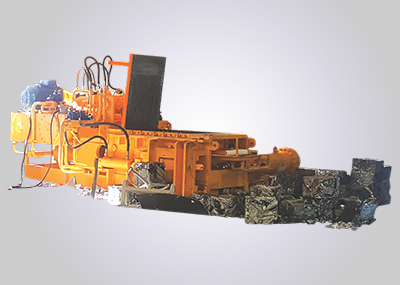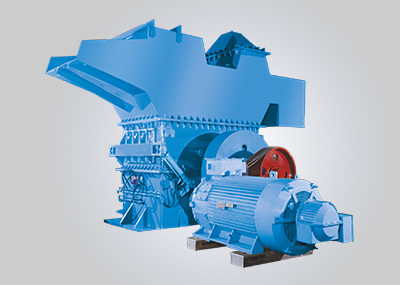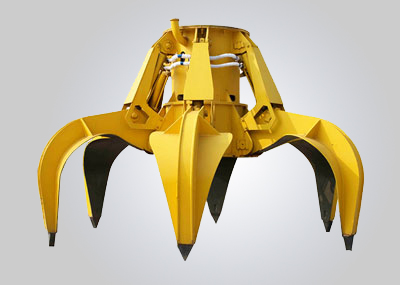In India’s journey towards economic growth and urban development, one of the pressing challenges it faces is the mounting waste crisis. With rapid population growth, urbanization, and changing consumption patterns, India is grappling with an unprecedented increase in the generation of municipal solid waste (MSW). As the volume of waste continues to soar, the demand for efficient and high-capacity waste processing machines such as balers, shredders, and compactors has never been more critical. Let’s delve into the escalating waste problem in India and explore the imperative for investing in advanced waste processing technologies.
The Escalating Waste Crisis in India
India is currently one of the world’s largest producers of waste, generating millions of tons of MSW annually. Rapid urbanization, industrialization, and population growth have contributed to this surge in waste generation, placing immense pressure on the country’s waste management infrastructure. Inadequate waste collection, disposal, and recycling facilities have exacerbated the problem, leading to environmental pollution, public health hazards, and socioeconomic challenges in communities across the nation.
The Need for Quality High-Capacity Waste Processing Machines
Amidst the growing waste crisis, there arises an urgent need for advanced waste processing machines capable of handling large volumes of waste efficiently and effectively. Here’s why investing in high-capacity waste processing equipment like balers, shredders, and compactors is essential for addressing India’s waste management challenges:
1. Efficient Waste Handling:
High-capacity waste processing machines enable the rapid and efficient handling of large volumes of waste materials, streamlining collection, sorting, and processing operations. Balers, shredders, and compactors can process diverse waste streams, including paper, cardboard, plastics, metals, and organic waste, with precision and speed.
2. Space Optimization:
Balers and compactors compress waste materials into compact bales or dense blocks, significantly reducing the volume of waste. This space optimization enables more efficient storage, transportation, and disposal of waste, minimizing the need for additional landfill space and reducing environmental impact.
3. Resource Recovery:
Shredders and balers play a crucial role in recovering valuable resources from waste materials. Shredders break down bulky items into smaller, more manageable pieces, while balers compress recyclable materials such as cardboard, plastics, and metals into compact bales for recycling. This resource recovery process promotes circular economy principles and reduces the dependency on virgin raw materials.
4. Environmental Protection:
Advanced waste processing machines help mitigate environmental pollution by facilitating proper waste management practices. By reducing the volume of waste sent to landfills, these machines minimize methane emissions, leachate contamination, and soil degradation associated with landfilling. Additionally, recycling and resource recovery efforts help conserve natural resources and reduce greenhouse gas emissions associated with raw material extraction and manufacturing.
The Future of Waste Management in India
As India strives towards sustainable development and environmental stewardship, the future of waste management lies in embracing innovative technologies and best practices. Investing in high-capacity waste processing machines represents a crucial step towards building a robust and resilient waste management infrastructure that can effectively address the country’s waste challenges. Moreover, fostering partnerships between government agencies, private sector stakeholders, and communities is essential for promoting waste reduction, recycling, and circular economy initiatives nationwide.
In conclusion, the escalating waste crisis in India necessitates urgent action and investment in quality high-capacity waste processing machines. By harnessing the potential of advanced waste processing technologies like balers, shredders, and compactors, India can pave the way towards a cleaner, greener, and more sustainable future for generations to come.













